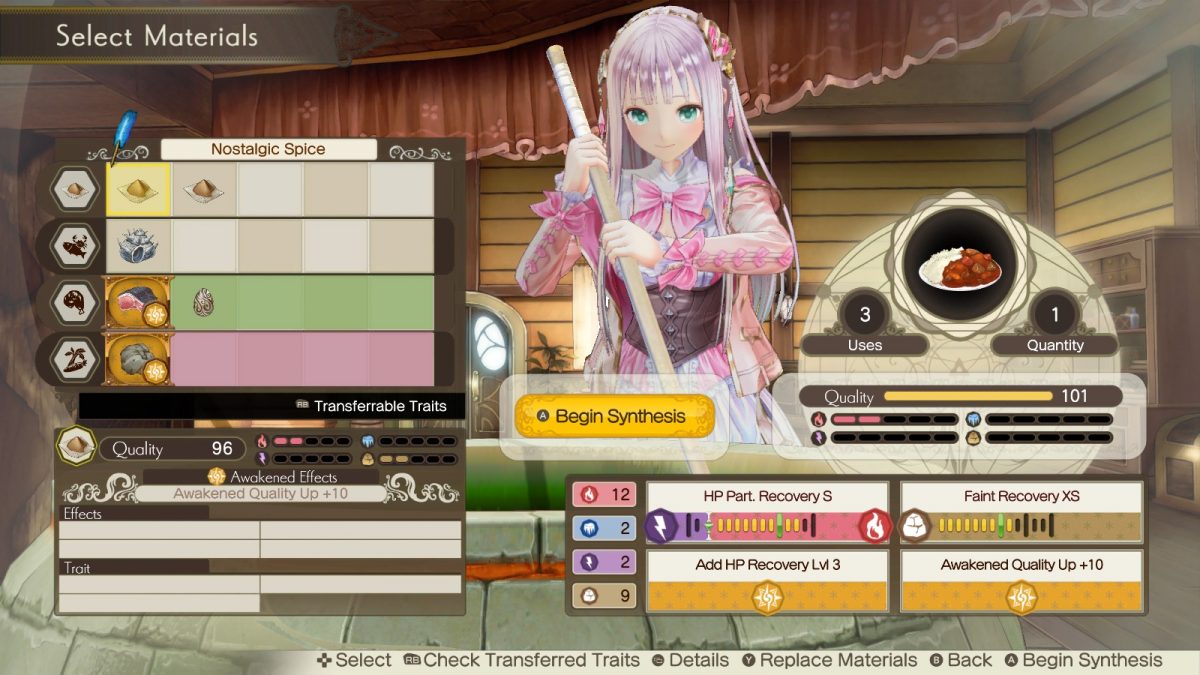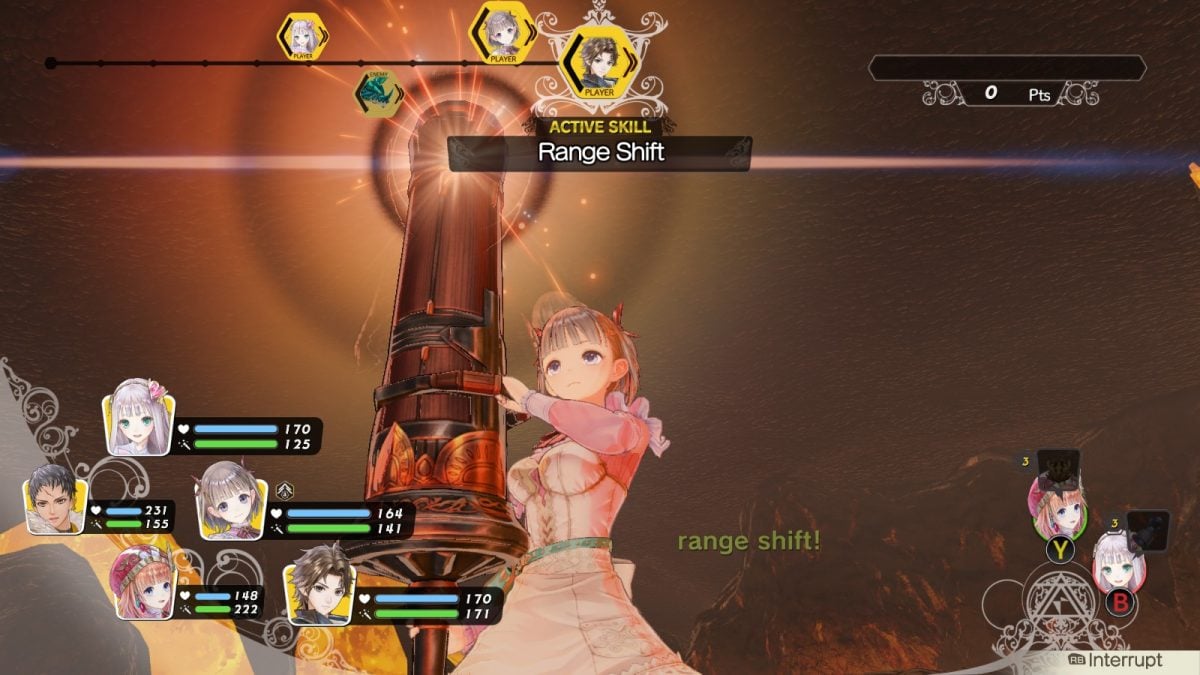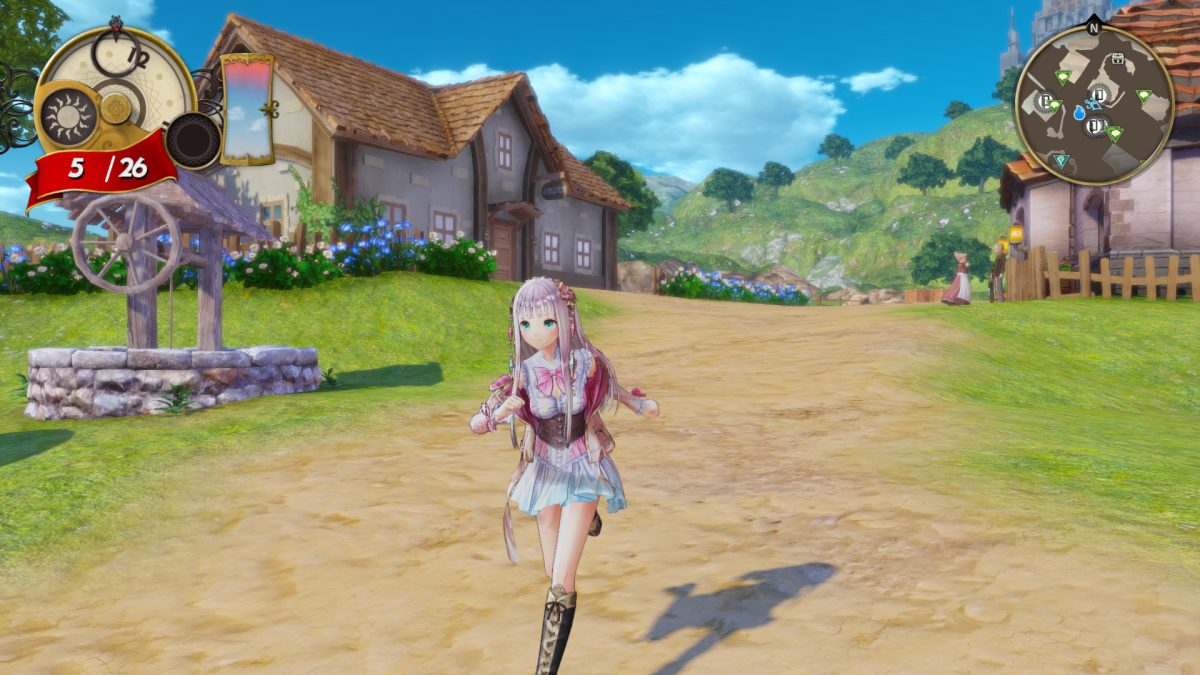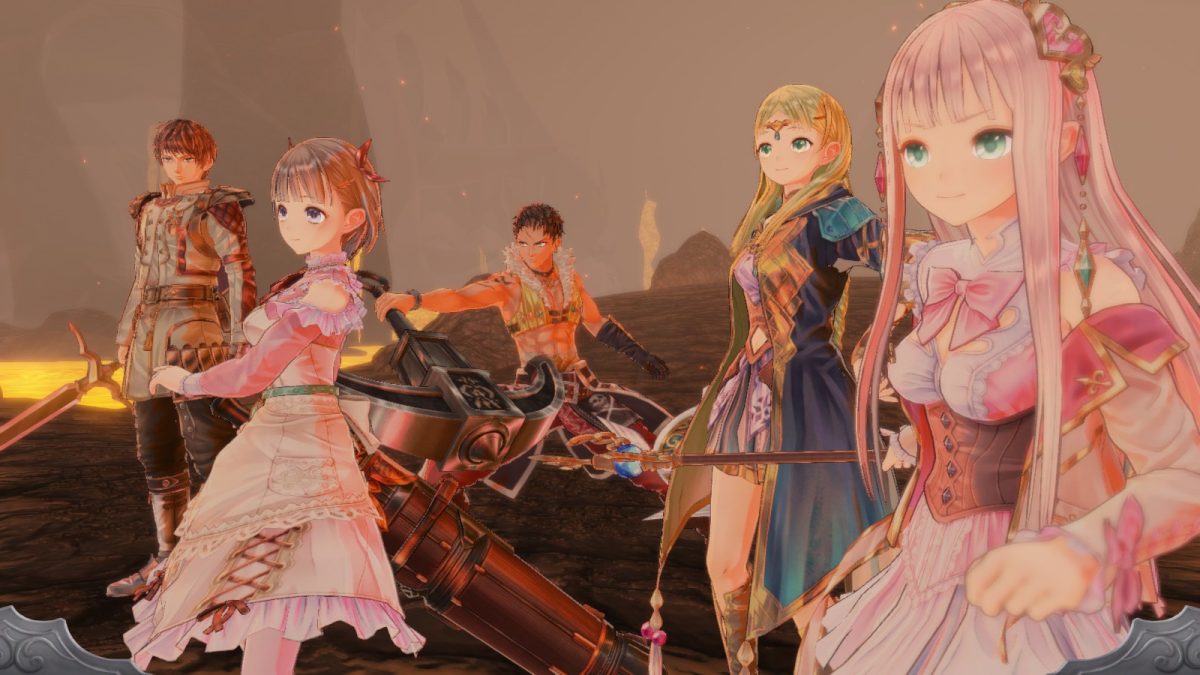If you’re at all a fan of JRPGs, you owe yourself a favor to get familiar with one of the longest running series in the genre. You thought there were a lot of Final Fantasy and Dragon Quest games? There’s been a brand new mainline Atelier game every year, for the last 20 years. Starting on the Saturn and dropping down on every modern console since then, the Atelier series has carved out a niche for itself in the RPG landscape. This year, the latest game in the series, Atelier Lulua, goes back in time a bit by serving as a direct sequel to a classic Atelier trilogy.
Usually, Atelier games come in trilogies. They’re loosely connected by common story themes and a shared setting, but aren’t quite direct sequels to each other. Once the third game in a trilogy comes out, the next one kicks off a brand new trilogy. Way back on PS3, the Atelier Arland trilogy kicked things off as the first 3D entries in the series, later being followed by the Dusk and Mystery trilogies. As the name implies, though, Atelier Lulua: The Scion of Arland, is actually the 4th entry in the long-dormant Arland saga.
Fans of the Arland games will be in for a treat, as this sequel takes place over ten years later. Our protagonist this time around is Lulua, the daughter of the very first plucky Arland protagonist Rorona, who is now a fully grown alchemy master. Lulua aims to be an even better alchemist than her infamous mother, training and practicing daily to improve her skills. Lulua is an adorable protagonist, acting hot-headed and silly some moments while also being calculated and mature in others. She’s a colorful character with an interesting backstory that I came to love over the course of the game.

The rest of the game’s characters are a delight, especially for returning fans. A bunch of classic Arland characters feature, and seeing the ways they’ve changed and grown is a lot of fun. Newcomers to the franchise will still be able to get through the story and appreciate Lulua’s journey, but there are a lot of references and character developments that might fly over your head if you’re not familiar with the original trilogy.
The gameplay is one of the best parts of the package. There are two parts to the Atelier experience. There’s plenty of dungeon exploring, like in any other JRPG, complete with turn-based combat when you run into enemies. The combat in Lulua is streamlined a bit from previous games, thanks to the change in having 3 members of your party be attackers while 2 others act as support. It helps speed battles up a bit, which is super appreciated later in the game. New combat features also help diversify the experience, like the ability for alchemists to interrupt the turn of any ally or enemy on the field in order to use an equipped item. This leads to some fun strategy formulation, like reviving an ally the instant they get downed or dousing an enemy in ice bombs right after an ally attack makes them weak to ice.

If there’s one big negative with the combat in this game, though, it’s the lack of playable characters. Most Atelier sequels have well over a dozen possible party members for you to recruit from. In Atelier Lulua, many party members from previous games show up again in the story, yet, for some reason, only a couple of them are playable characters. Your 5 other possible party members are all original characters. It’s a small spread that slightly ruins the replayability of the game, since you have fewer characters to upgrade and explore side-stories with.
When you’re not bashing baddies in the forbidden woods, you’ll be gathering materials and crafting items to use in your alchemy. Synthesizing items with alchemy is a huge part of the Atelier series, and is usually the primary way you advance the story. In Atelier Lulua, our protagonist gets bonked on the head by a mysterious book that only she can read. It’s filled with vague puzzles she needs to solve that, when completed, reveal recipes for mysterious items or useful equipment.

Alchemy gameplay in Atelier Lulua is simple, but deep. When alchemizing, you simply pick an item you want to make, and then choose from your gathered ingredients based on what’s needed for the recipe. Pick all the correct ingredients, press A, and your item is done! The hard part comes from the stats and bonus effects of your items. Materials can have quality grades, sizes, and bonus effects that will alter the properties of your final composition, leading to some mental gymnastics later in the game when you’re prepping very specific stuff. Thankfully, it’s a fun experience to create these items, and it rewards exploration and material gathering in a way that no other crafting system in video games ever has for me.
All of this is packaged together in the cutest, sweetest art-style and aesthetic you’ll ever see in a game. Character designs are gorgeous and flamboyant, and their 3D models are sharp no matter which console you play on. The music, meanwhile, is a mix of delicate and olden instruments that create a soothing and sweet atmosphere. Of course, boss fights and dungeon battles get some truly rocking music that tosses modern instruments like guitars and synth into the mix for an incredibly original sound.

Atelier Lulua: The Scion of Arland is a gem of an RPG. It combines slow and soothing exploration and alchemy with fast and frenetic combat in a way that ensures you never grow bored with the experience. Newcomers might be a little lost with some of the returning characters and plot-lines in the game, but if you’re just looking for a fun JRPG with sweet characters and funny writing, Atelier Lulua is right up your alley.














